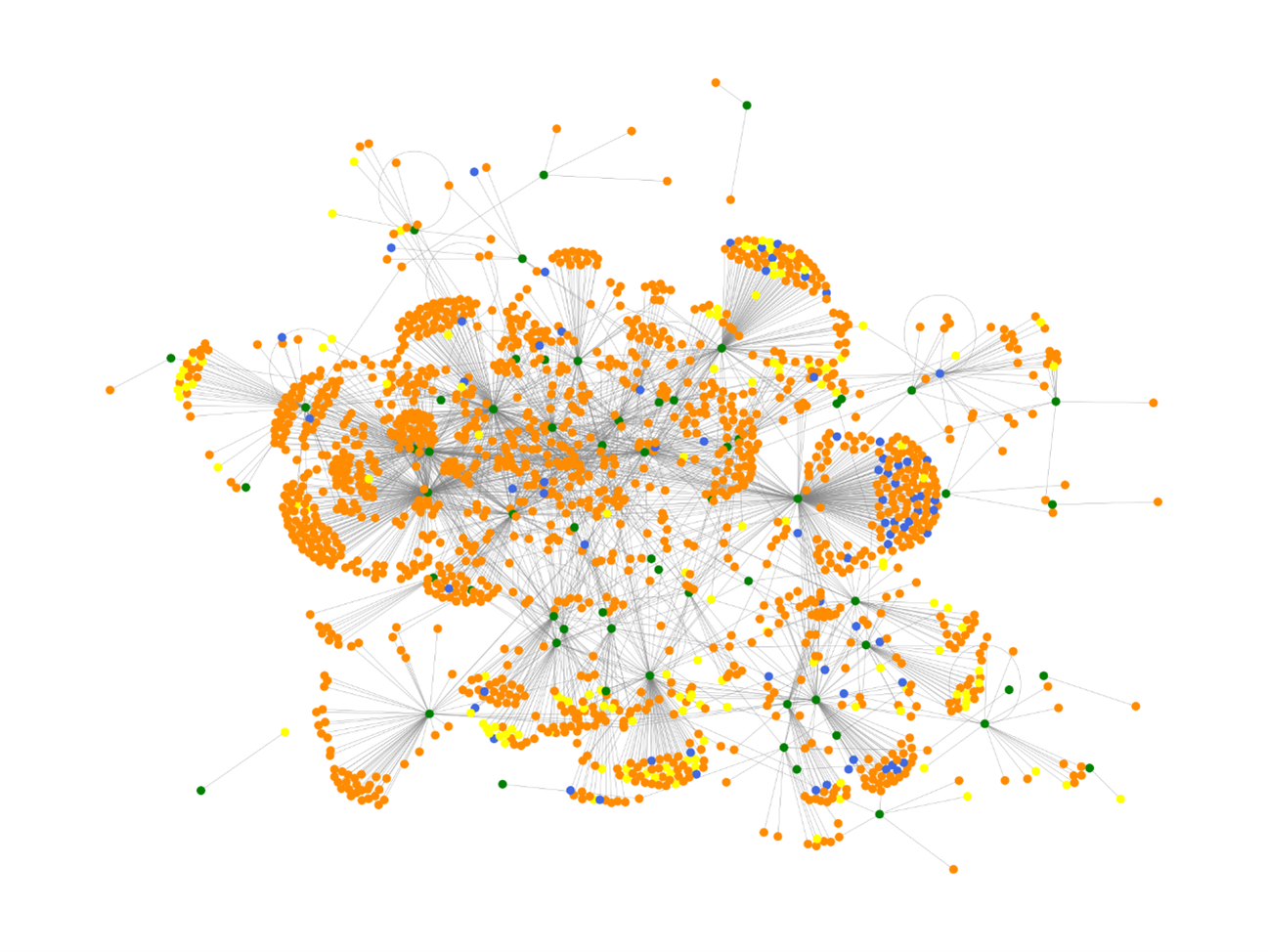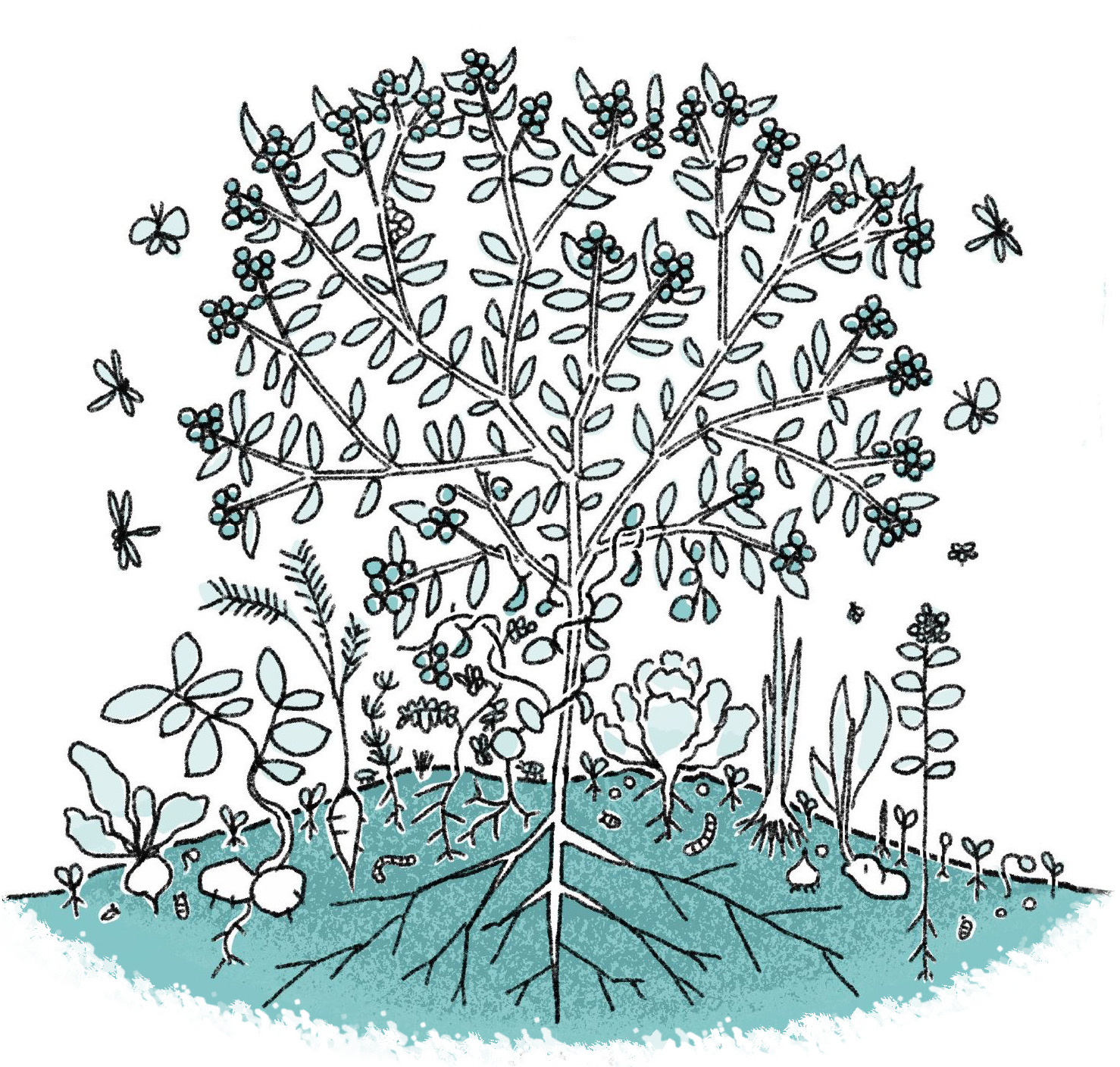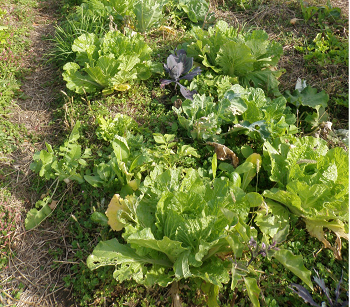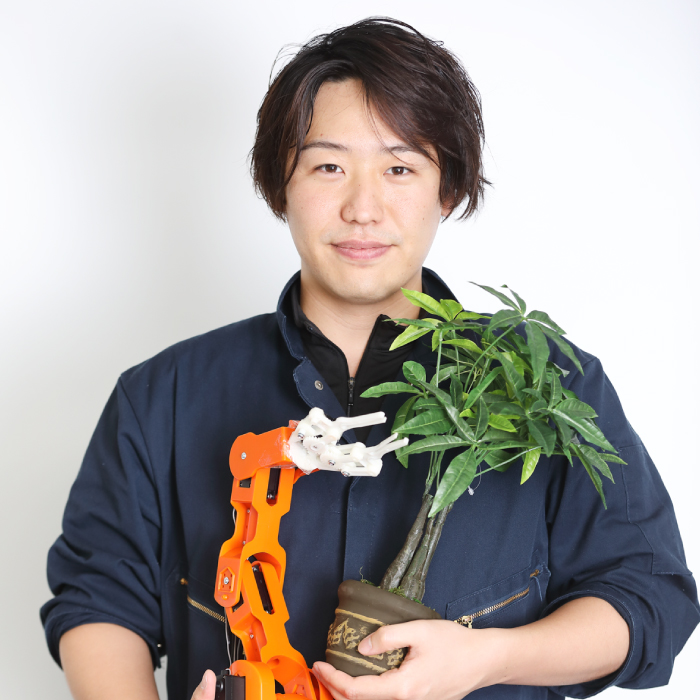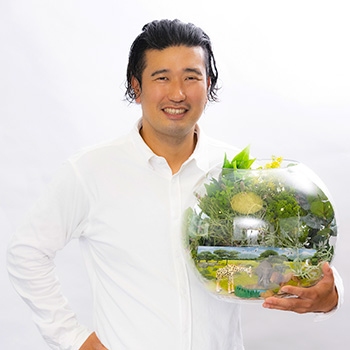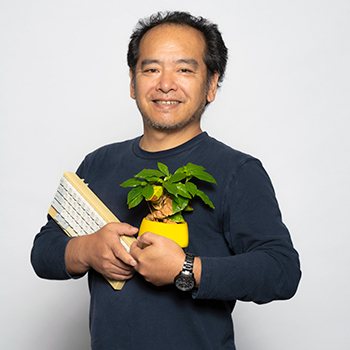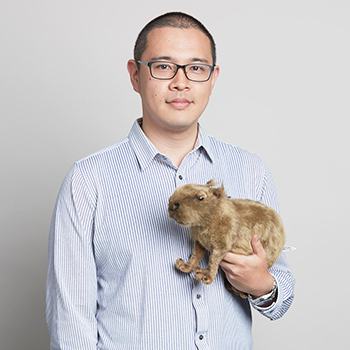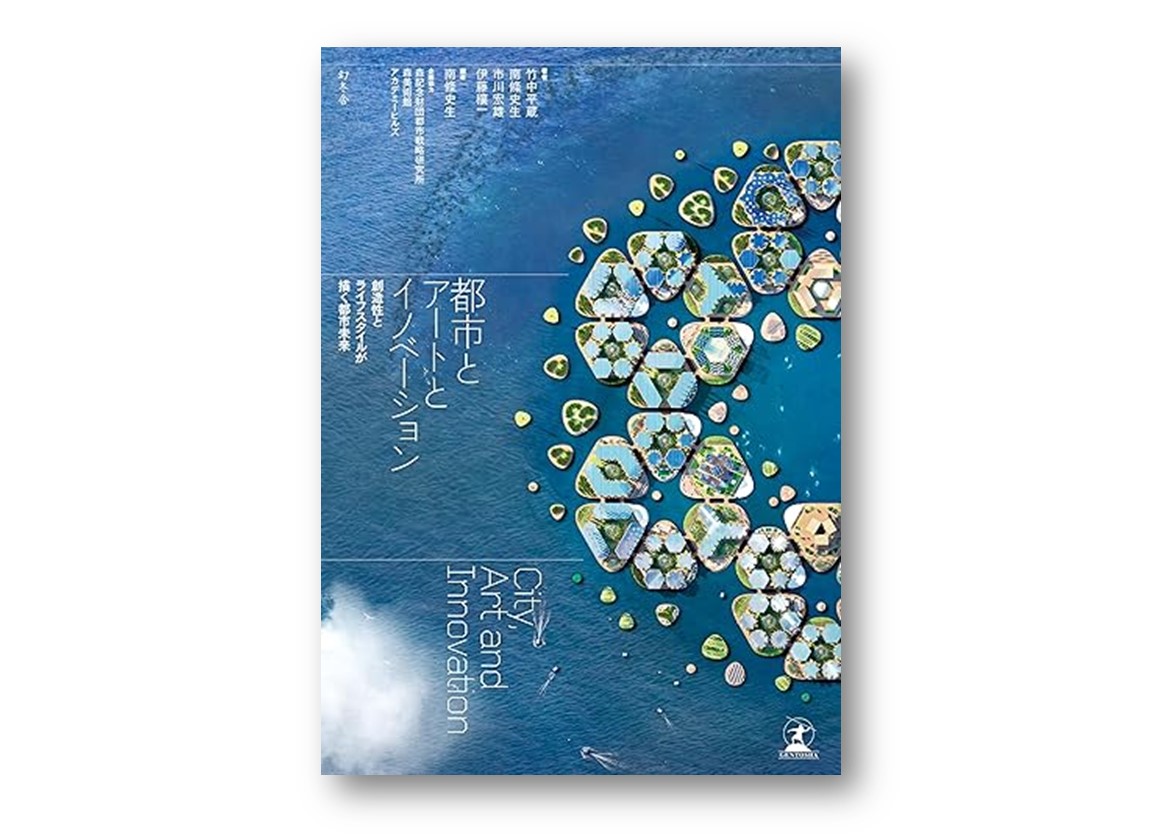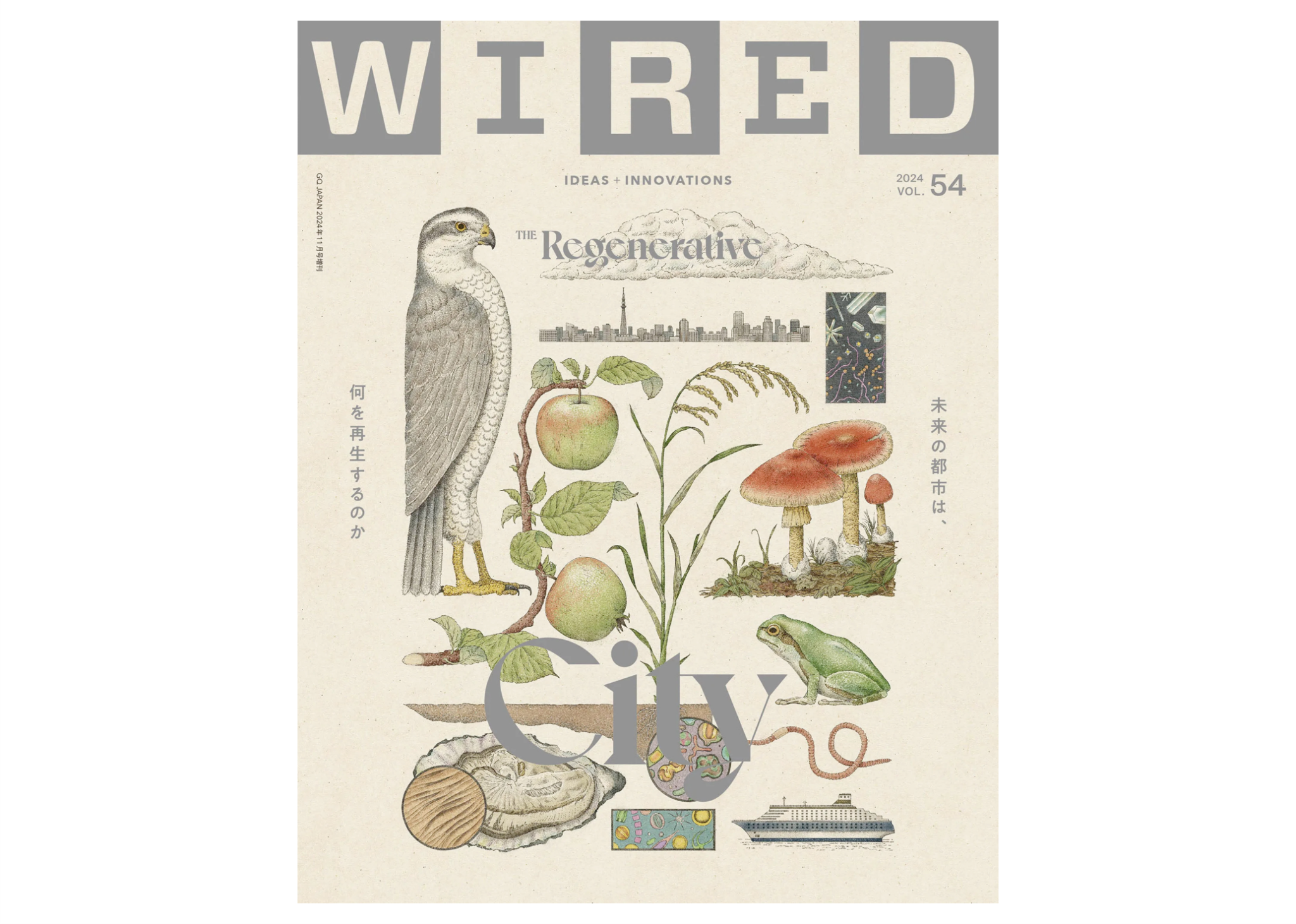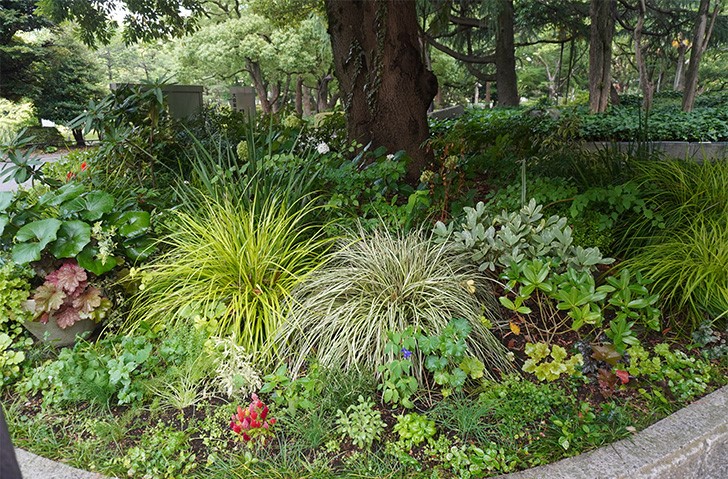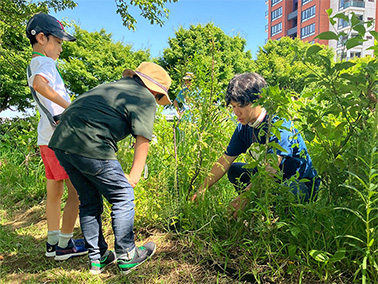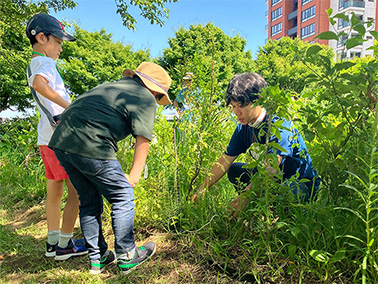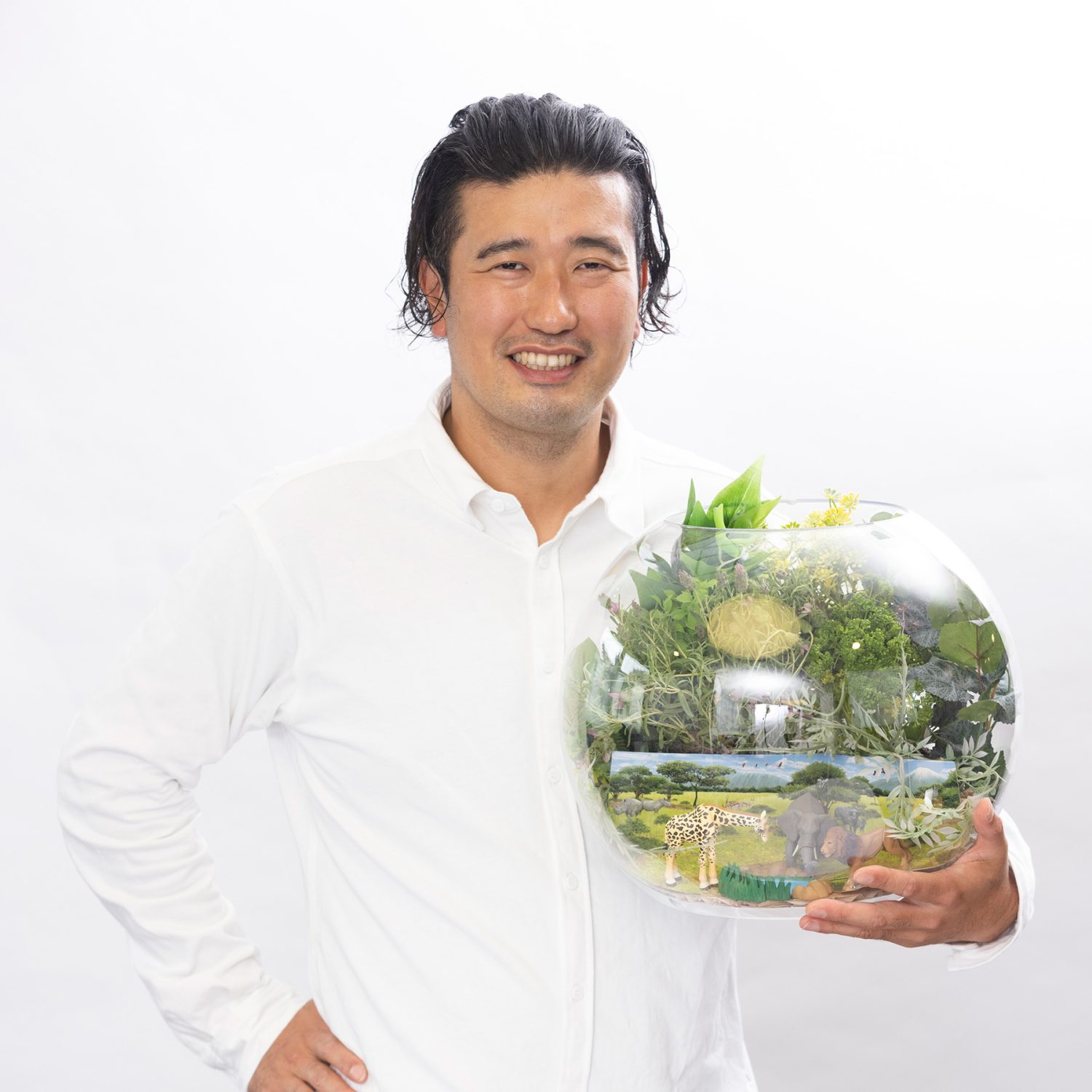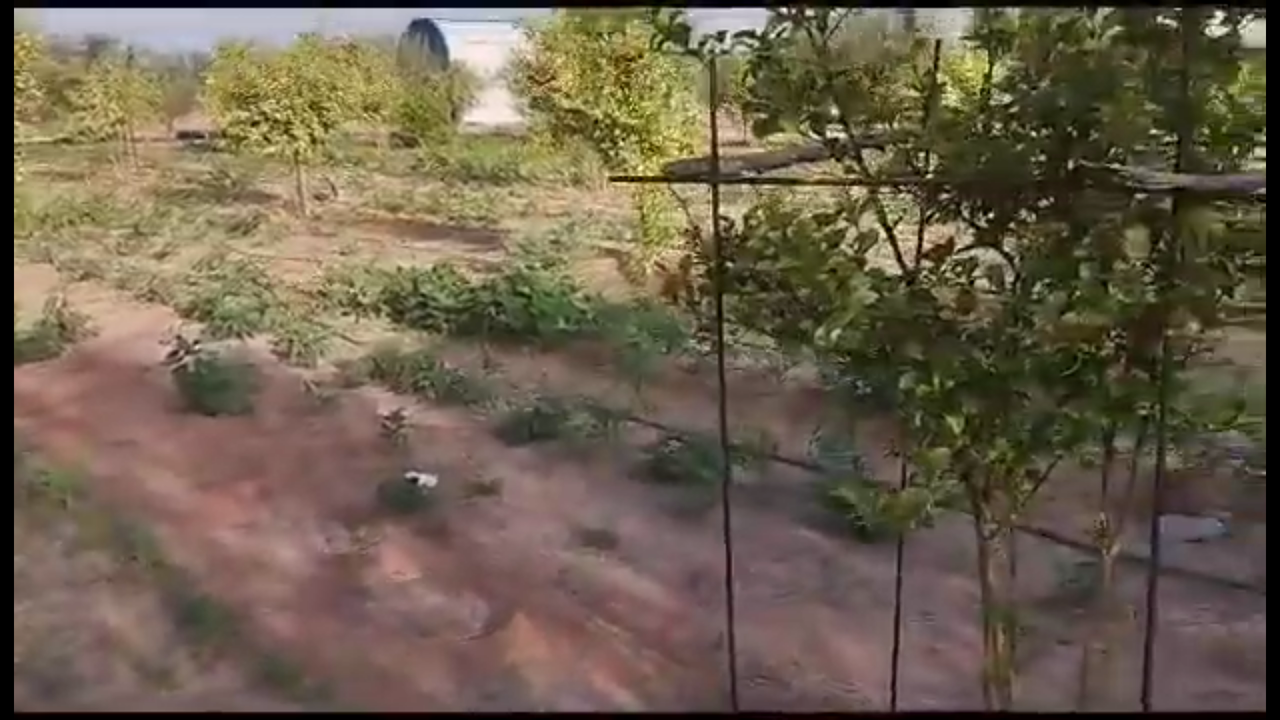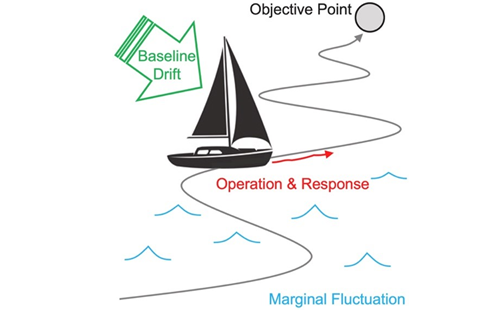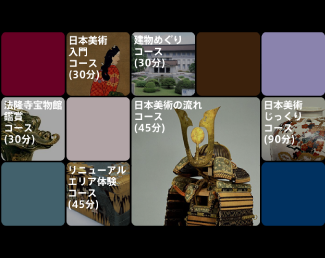生産性と環境破壊のトレードオフを乗り越える協生農法
有史以来、人類は1万年以上に渡り農業を営んできましたが、その歴史は生産性と環境破壊のトレードオフの上に成り立ってきました。 特に、近年では作物の生理学的な最適化に基づき、農業の大規模化と単作化の傾向がますます強まっています。
一方、植物を始めとする生態系は、地球の生命圏の歴史の中で、常に複雑な競合共生系を築きながら共進化し、地球規模で環境を改変し、生命の星を育んできました。協生農法は、このような生態学的な最適化として知られる生態系の持つ自律分散型の高度な自己組織化能力を、農業やその他の一次産業にとっても有益なかたちで利用し、生産性と環境破壊のトレードオフを根本的に乗り越えることを目標にしています。
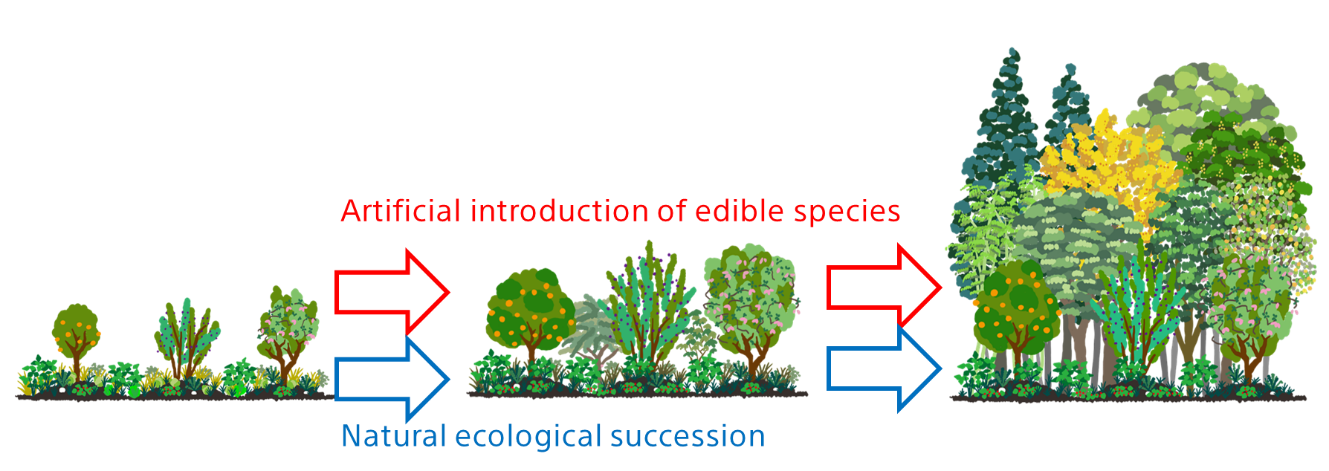
Synecocultureは複雑系や協生農法®の研究から生まれた、新たな食料生産法です。協生農法とは、地球の生態系が元々持っている自己組織化能力を多面的・総合的に活用しながら有用植物を生産する農法です。食料生産だけでなく、環境や健康に与える影響までも包括的に考えられた立体的な生態系の活用法であることが特徴的です。
具体的には「無耕起、無施肥、無農薬、種と苗以外一切持ち込まないという制約条件の中で、植物の特性を活かして生態系を構築・制御し、生態学的最適化状態の有用植物を生産する露地作物栽培法」です。(出典:協生農法実践マニュアル)
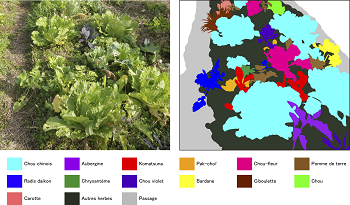
協生農法は、株式会社桜自然塾 大塚隆による原形を元に、ソニー CSLリサーチャーの舩橋真俊による科学的定式化と検証を経て、実践と改良を重ねています。
2015年からはアフリカ、ブルキナファソにおいて、砂漠化し自然回復が不可能だった土地に150種の現地作物を用いた協生農法を導入。1年間で砂漠化を逆転させ、森林生態系の回復に成功、現在も実証実験を継続しています。
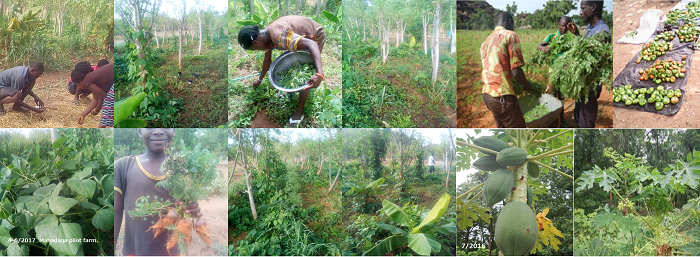
アフリカにおける協生農法の国際シンポジウム
- Proceedings of the 1st African Forum on Synecoculture(2016)
- Proceedings of the 2nd African Forum on Synecoculture(2017)
- Proceedings of the 3rd African Forum on Synecoculture(Feb.2018)
- Proceedings of the 4th African Forum on Synecoculture(Nov.2018)
- Proceedings of the 5th African Forum on Synecoculture (Sep.2019)
- Proceedings of the 6th African Forum on Synecoculture (Aug.2022)
この実証実験の成功を受けて、アフリカにおける協生農法の研究センター、CARFS (Centre Africain de Recherche et de Formation en Synécoculture)が創設されました。舩橋は同センターの科学ディレクター(Directeur Scientifique)も兼ねています。CARFSを通じて、サヘル諸国で協生農法により食料生産と生態系荒廃地の緑化を推進する複数の国際プロジェクトが展開されています。
また、UNESCO UniTwinプログラムの複雑系ディジタルキャンパスにもヴァーチャルラボUniTwin UNESCO CS-DC e-labを設立しています。舩橋研究員の最新の活動状況および参考文献はこちらより参照いただけます。
2018年には協生農法の研究成果の社会還元を目的として一般社団法人も設立されました。一般社団法人シネコカルチャー
そして、ソニーCSLにおける研究活動と社団を通じた社会還元活動を通じて、協生農法の原理を食料生産以外の教育や生活圏にも活用し多様な生態系サービスを高める「拡張生態系」の実証実験を各方面で推進しています。2019年11月には六本木ヒルズで協生農法および拡張生態系に関する実証実験を開始しました。今までに露地栽培で得た知見などを元に協生農法の導入と拡張生態系の実装を建物の屋上にて行っています。「シネコポータル(拡張生態系入門キット)」の開発など、協生農法・拡張生態系に関する学習のプラットフォーム化を目指します。
協生農法は外務省が運用する「SDGs WEBプラットフォーム」でも紹介されています。協生農法を一般化した拡張生態系については、NatureResearchよりパースペクティブ論文が出版されています。
協生農法紹介動画:
[ソニー公式]Sony Stories 壊れゆく地球環境を農業から立て直す - ソニーコンピュータサイエンス研究所 (5:46)
[ソニー公式]「グローバルアジェンダへの挑戦」-食糧生産と農業のパラダイムシフトー (4:23)
Keynote: Synecoculture and Megadiversity Management Systems [English only] (27:01)
*「協生農法」は(株)桜自然塾の登録商標です。
Agriculture that overcomes the trade-off between productivity and environmental damage
Humans have engaged in agriculture for more than 10,000 years. The history of agriculture involves a constant trade-off between productivity and environmental impact. Modern agriculture is still situated along the same line, further loading the environment to realize physiological optimum in large-scale monoculture. Meanwhile, when we look back at the history of Earth's biosphere, plants have co-evolved in their ecosystems, creating complex, competitive mechanisms of symbiosis. This process brought substantial changes to the environment, a change that proceeded in favor of plants. Against this background, proponents of symbiotic agriculture believe the ecosystem's self-distributed, highly self-organizing power promises the ecologically optimal approach to growing crops. They propose that the same thinking be applied to other primary industries, to help overcome the deep-rooted trade-off between productivity and environmental degradation.

Synecoculture is a method of farming that produces useful plants while making multifaceted use of the self-organizing ability of the earth’s ecosystem. It is characterized by a comprehensive ecosystem utilization method that considers not only food production but also the impacts on the environment and health.
More specifically, "Synecoculture is a method of open-field agriculture that - without the use of any plowing, fertilizers, agricultural chemicals, or anything else except for seeds and saplings - allows for the creation and management of ecosystems that bring out essential qualities of the plants growing in natural state, and produces practically useful crops in ecologically optimized environment." (Source: Synecoculture Manual)
- Synecoculture Manual (Japanese)
- 協生農法實踐手冊 2016年度中文版
- Synecoculture Manual 2016 Version (English)
- Manuel d’agriculture synécologique Edition 2016 (French)
The original concept of Synecoculture was created by Takashi Otsuka of the Sakura Shizenjuku Global Nature Network, and Masatoshi Funabashi of the Sony Computer Science Laboratories (Sony CSL) has scientifically formalized and verified it. We are now working on implementation and improvement.
In 2015, we introduced Synecoculture using 150 local crops on desertified land where natural recovery was impossible at an experimental farm of Burkina Faso. It reversed desertification in a year, succeeded in restoring a rich forest ecosystem filled with edible species.

International symposiums on Synecoculture in Africa
- Proceedings of the 1st African Forum on Synecoculture(2016)
- Proceedings of the 2nd African Forum on Synecoculture(2017)
- Proceedings of the 3rd African Forum on Synecoculture(Feb.2018)
- Proceedings of the 4th African Forum on Synecoculture(Nov.2018)
- Proceedings of the 5th African Forum on Synecoculture (Sep.2019)
- Proceedings of the 6th African Forum on Synecoculture (Aug.2022)
CARFS (Centre Africain de Recherche et de Formation en Synécoculture) has been established in Burkina Faso in Sub-Saharan Africa to follow up on the scientific results of Synecoculture and to increase its adoption. Funabashi serves as Directeur Scientifique.
UniTwin UNESCO CS-DC e-lab, a virtual laboratory on the Complex Systems Digital Campus of the UNESCO UniTwin program, has been established - you can find the latest information and activities here.
Funabashi also founded The Synecoculture Association in order to spread the word about the scientific results of Synecoculture throughout society.
In November 2019, we have started an urban Synecoculture proof of concept trial at the rooftop gardens at Roppongi Hills. We will introduce Synecoculture and create augmented ecosystem on the urban rooftop. We plan to form the basis for the creation of a Synecoculture-related learning platform with the development of "Syneco Portal : Synecoculture Principles Learning Kit".
Synecoculture is also registered on the Japan SDGs Action Platform Good Practices by the Ministry of Foreign Affairs of Japan.
Synecoculture in short movies:
The Challenge to Global Agenda - Paradigm Shifts in Food Production and Agriculture- (Sony) (4:23)
Synecoculture short movie (17:03)
Keynote: Synecoculture and Megadiversity Management Systems (27:01)
# “Synecoculture” is a trademark of Sony Group Corporation.
# Please see here on the details of the Trademark Usage.
